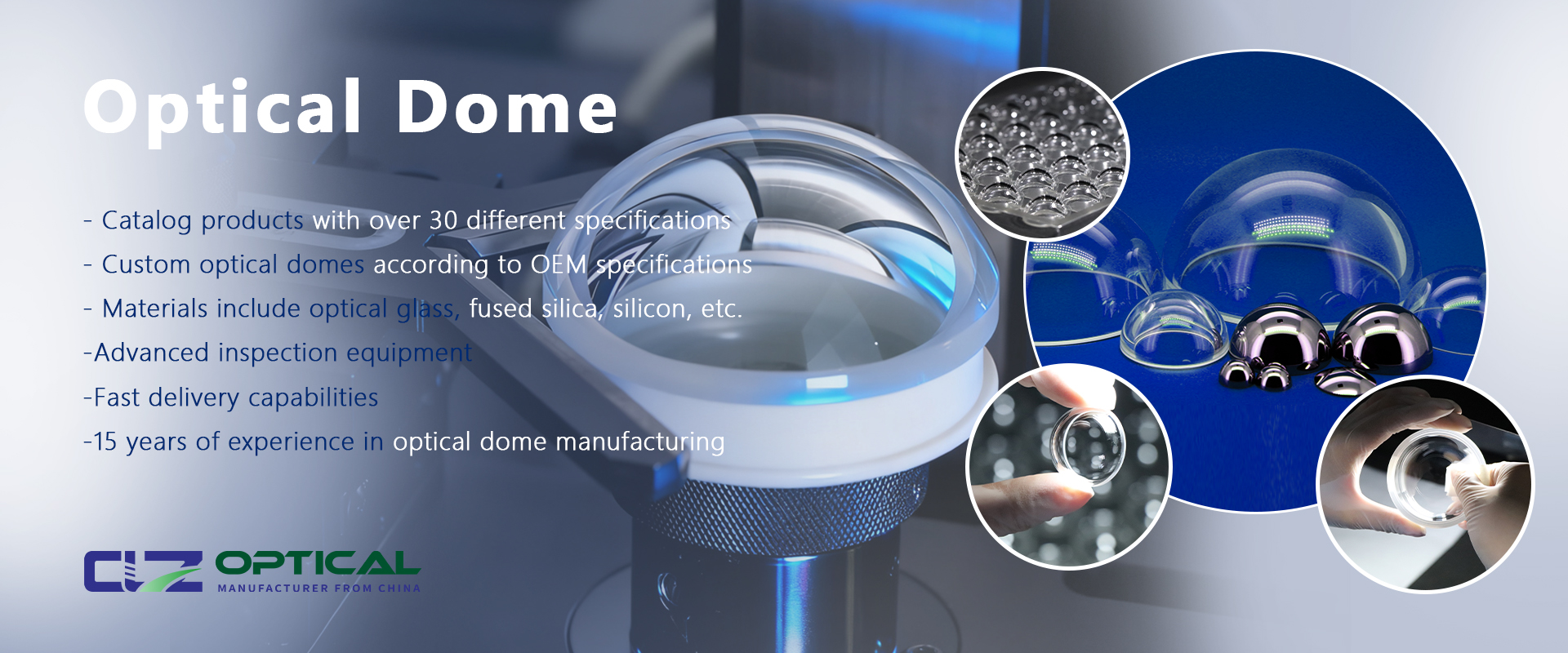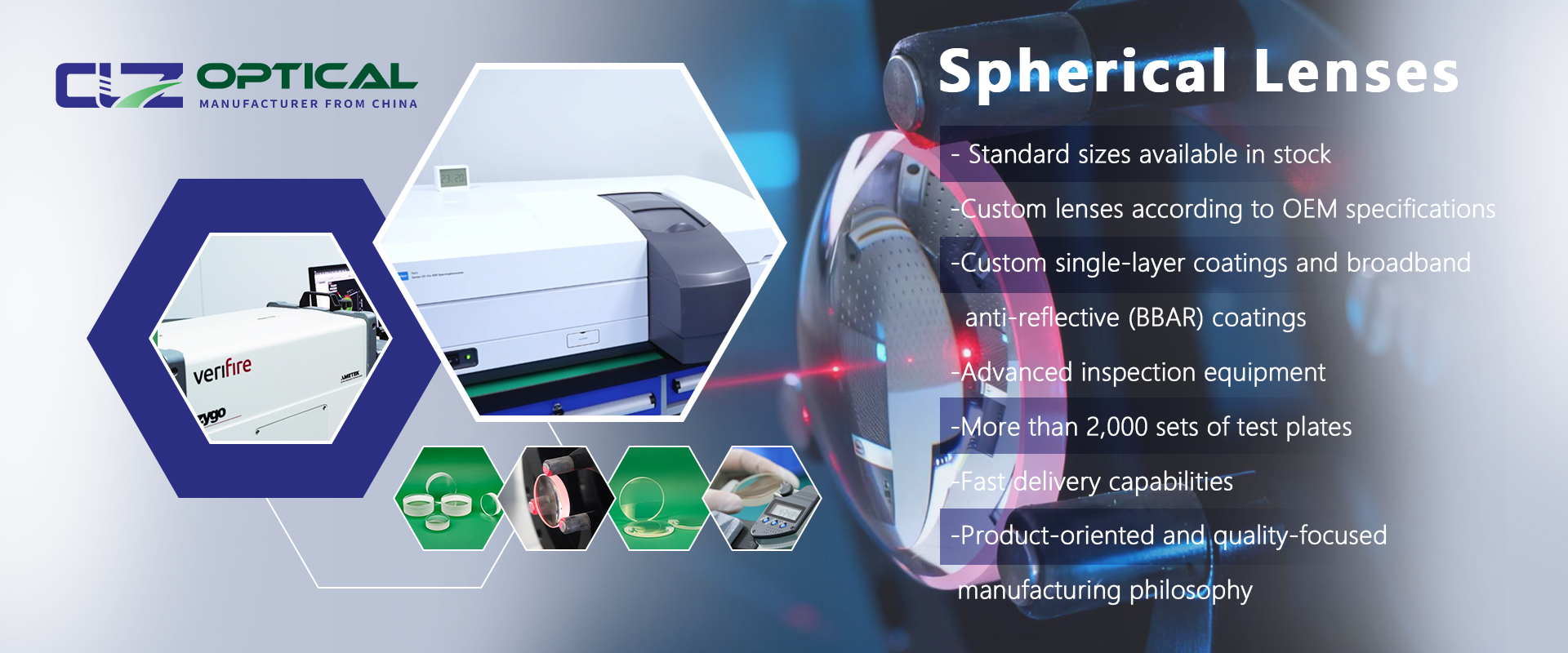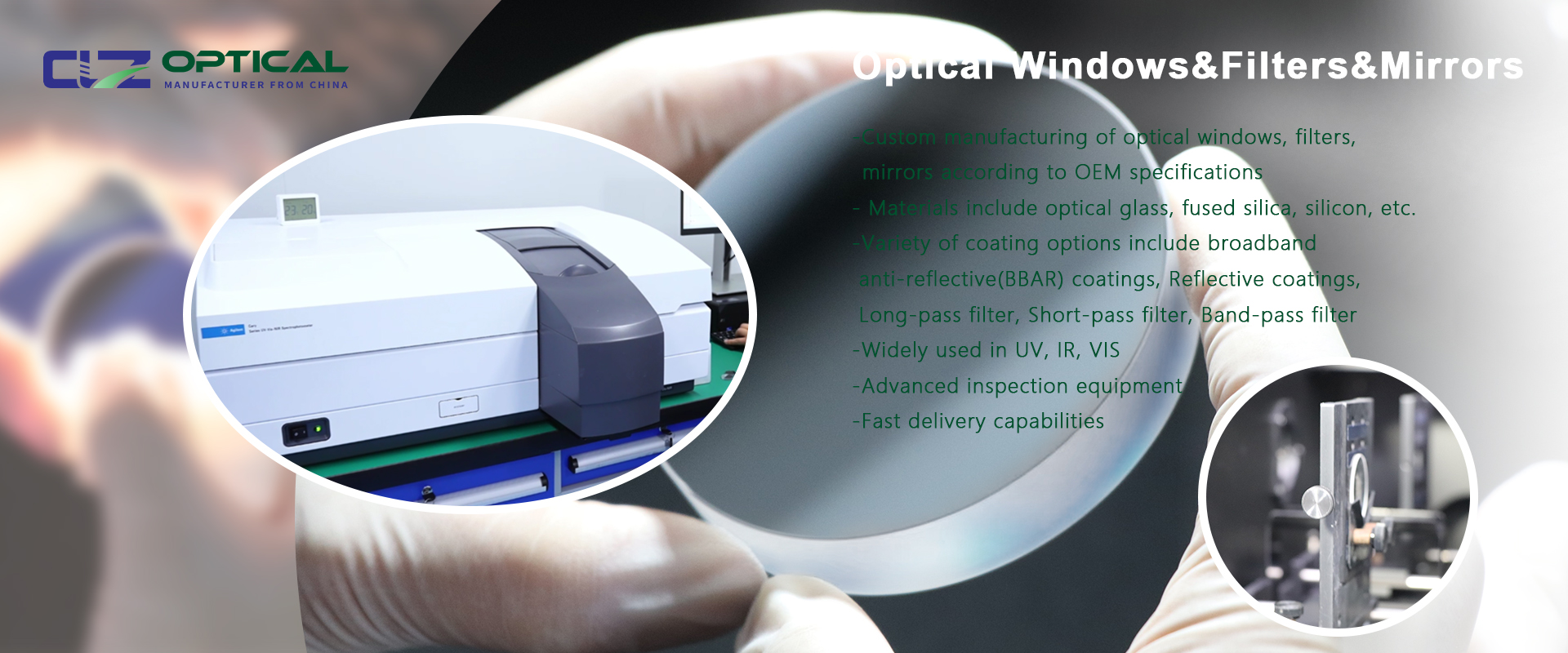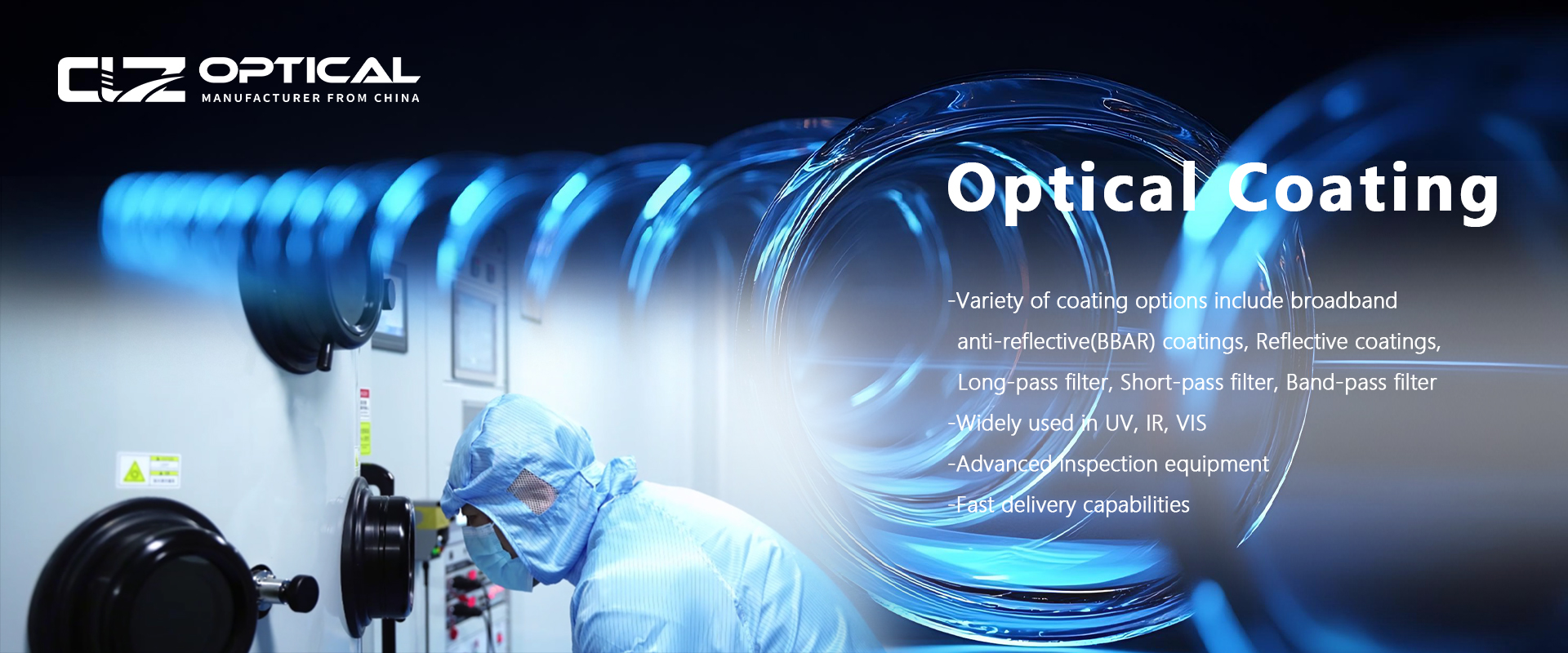Know About Optical Coating
Apr. 25, 2024
Optical coatings are one or more thin layers of material deposited on an optical element (such as a lens, prism, or window piece) that change the way the optical element reflects and transmits light. These coatings have become a key technology in the field of optics. One type of optical coating is an anti-reflective coating, which reduces unwanted reflections from a surface and is often used in camera lenses. Another type is a highly reflective coating, which can be used to produce mirrors that reflect more than 99.99% of light.
The simplest type of optical coating is a thin layer of a metal such as aluminum, which is deposited on a glass substrate to form a mirror, a process known as silver plating. The metal used determines the reflective properties of the mirror; aluminum is the cheapest and most common coating, with a reflectivity of about 88-92% in the visible spectrum. More expensive is silver, which has a reflectivity of 95-99% even in the far infrared, but decreases in the blue and ultraviolet regions of the spectrum (<90%). The most expensive is gold, which has excellent reflectivity (98%99%) throughout the infrared range, but limited reflectivity at wavelengths shorter than 550 nm, resulting in the typical gold color.
Common Optical Coatings
The first is a conventional anti-reflection film layer, the purpose is to reduce the surface reflection, and thus reduce the lens of stray light. The basic principle of the anti-reflection coating is that the two interfaces of the film reflect light in opposite phases, making it cancel each other out, thus reducing the reflected light intensity, that is, we will encounter in the study of the refractive index of the "interference phase cancellation" (destructive interference). Of course, a single layer of coating can only achieve effective reflection reduction at one wavelength, but usually, lenses have a range of operating wavelengths, which is why there may be several to dozens of layers of reflective reduction coatings in practice. The design of anti-reflection film is similar to the optical design, the performance index is the reflectance at each wavelength and each angle of incidence, the freedom of design is the refractive index and thickness of the material, and there are also special film design software that can be used to optimize the composition of the film system.
The second type is the unconventional (but quite common nowadays) ultra-low reflection film, represented by various gradual refractive index layers (or sub-wavelength structured coatings). Variable refractive index means that the film gradually changes its refractive index between air and the lens to match the two. Since it's a more technically-barrier coating, the methods are not quite the same from one manufacturer to another, such as Areno's patent shown by another respondent. Now there are also some manufacturers that use chemical reactions to generate a specific cone-shaped microstructure, to achieve a similar refractive index gradient coating. Coatings based on gradient refractive index materials are effective in reducing reflectivity and significantly diminishing some of the more stubborn stray light. But the disadvantage is that the mechanical properties of this type of coating tend to be a little worse, simply put, is not high hardness, so it is often only used in the interior of the lens and stray light is more serious on the lens.
Commonly used optical coating materials
1. Fluoride
-Magnesium Fluoride
It is commonly used as a 1/4-wave thick anti-reflective film for glass optics, and has good transmission performance in the real UV region of about 120nm to the mid-infrared region of about 7000nm.
-Calcium fluoride and barium fluoride
They all have the limitation of lacking full densification, permeability. They move to longer wavelengths at higher temperatures, so they are currently only used in infrared film.
-Lead Fluoride
2. Other compounds
-Zinc Sulfide
Refractive index of 2.35, light transmission range of 400-13000m, good stress and good environmental durability. Mainly used in spectral film, cold light film, decorative film, filter, high reflective film, infrared film.
The main purpose of using optical coatings is to improve the performance of optical elements, specifically by adjusting their characteristics of reflecting, transmitting, and absorbing light. Optical coatings allow precise control of the behavior of light waves by adding very thin multilayer or single-layer films to the surface of an optical element (e.g., lens, lens, window, etc.) for several specific purposes:
1. Enhancement of reflectivity: By applying reflective coatings to optical elements, it is possible to cause more light to be reflected, which is important for the manufacture of equipment such as mirrors and laser cavities.
2. Enhanced light transmission: Transmission coatings reduce reflection losses on the surface of the element and increase the efficiency of light transmission. This is critical in the manufacture of photographic lenses, eyeglasses, and other optical devices that require high-light transmission.
3. Selective Filtering: Optical coatings can be designed to allow only specific wavelengths of light to pass through while blocking other wavelengths. Such filters are used in a wide range of applications such as photography, astronomical observation, and scientific research.
4. Glare Reduction: Anti-reflection (AR) coatings can reduce glare caused by surface reflections, improving visual effects and image quality, and are commonly found on eyeglasses and camera lenses.
5. Protection and durability: Certain optical coatings also provide additional physical protection against scratches and corrosion, enhancing the durability and service life of optical components.
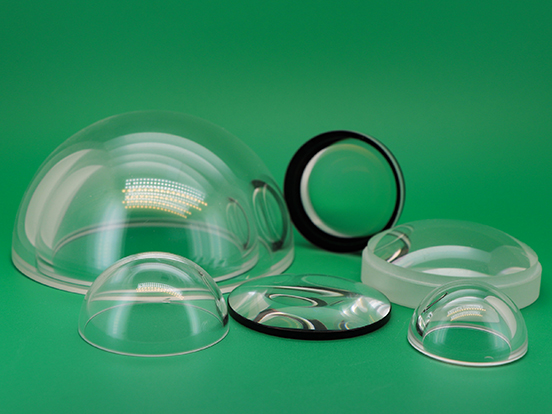
CLZ Optical Co., Ltd. is a manufacture of optical components, main products including spherical lenses, optical domes, windows, filters, etc. Our products are widely used in various fields. And we also could provide OEM service.
Please contact us free time if you have any needs!












